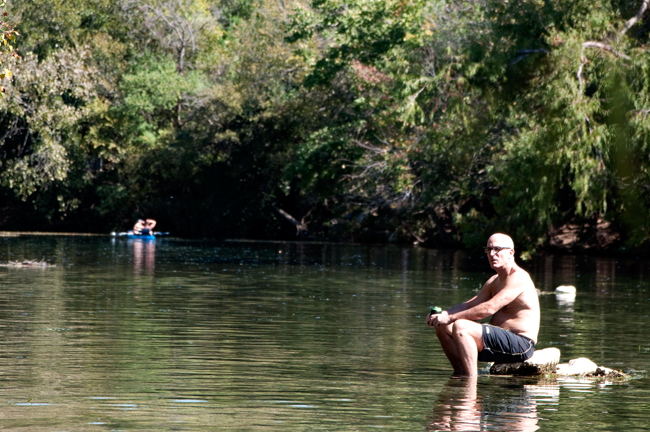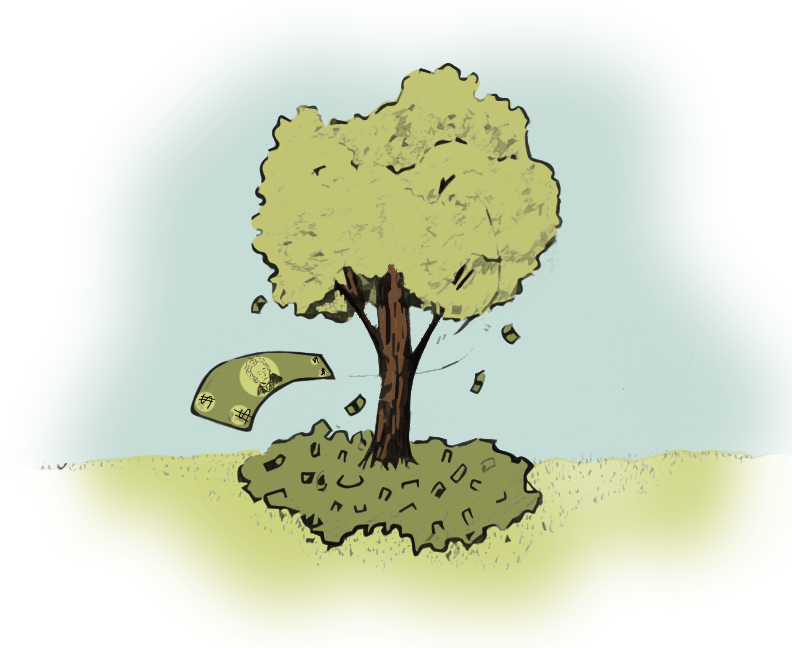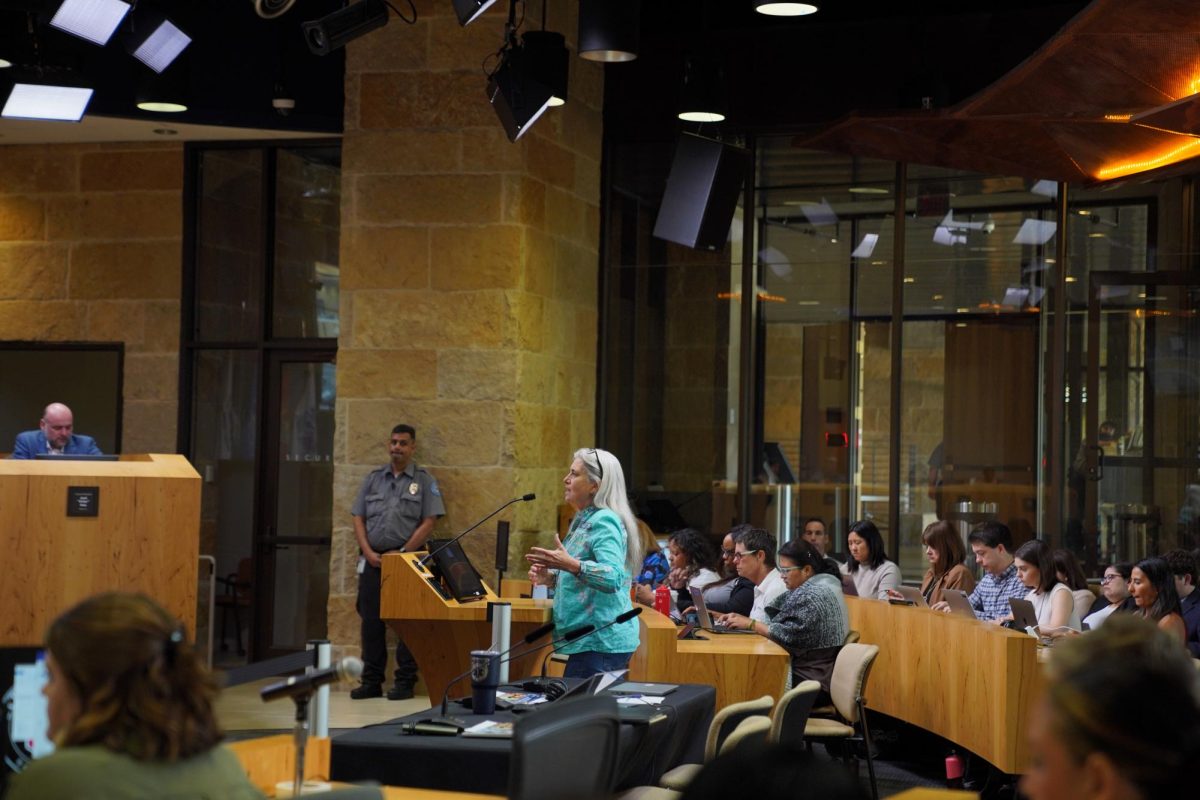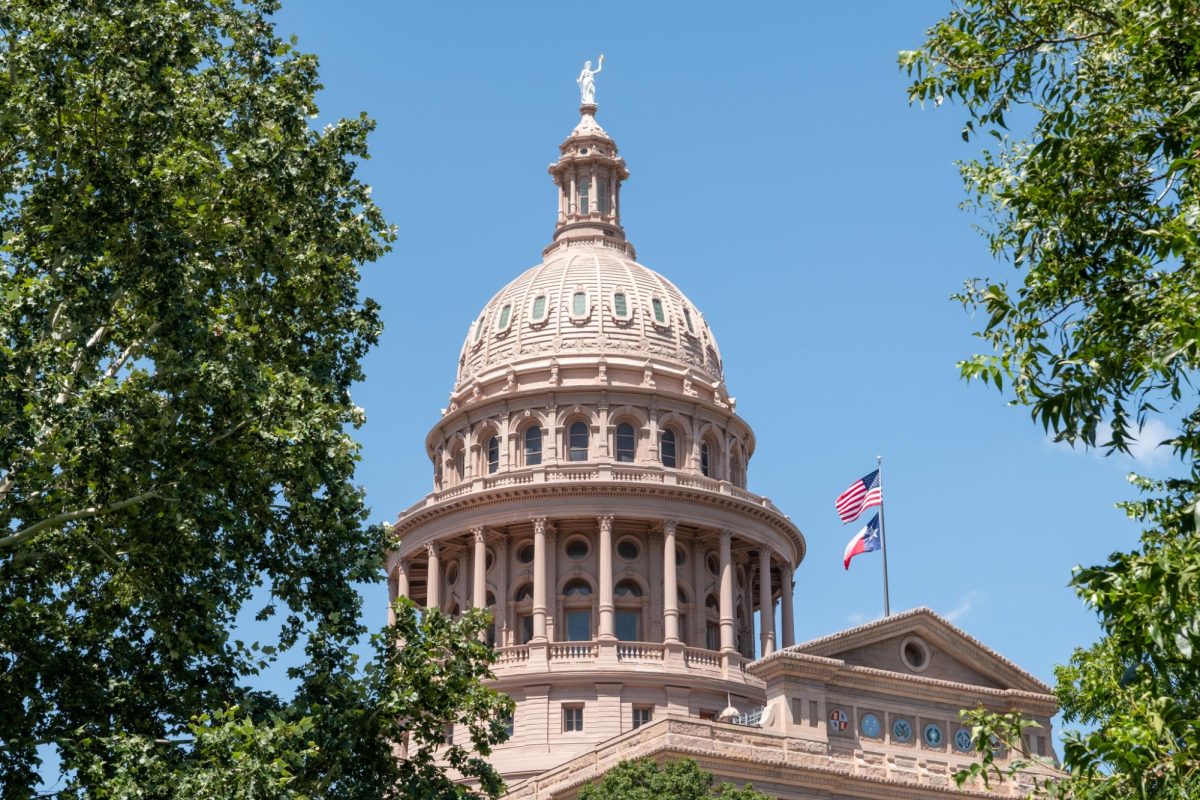The Austin City Council voted unanimously against a new sewage treatment plant Thursday that some claim could pollute Barton Springs and the drinking water of 50,000 to 60,000 people.
The project, a 130-acre area of land to be used for sewage treatment of a new housing subdivision, would be the first of its kind to be built directly over the Barton Springs Edwards Aquifer recharge zone — which includes features such as caves and small holes through which water travels. However, project managers claim they have mapped out features in the land and worked around them.
The city of Austin manages 23,577 acres in the recharge zone area for conservation purposes. The decision means the city will have to work with the applicants to establish different conditions or go before the Texas Commission on Environmental Quality on Nov. 14 to contest the project’s application for a permit.
The commission regulates development activities that can affect the environment in Texas, but has been accused by critics of pandering to developers.
After listening to testimony from environmental representatives and concerned citizens, Sheryl Cole, Austin Mayor Pro Tem, called for a vote to reject the city of Austin’s current settlement.
“The risks of establishing bad precedent if we do not continue [fighting this kind of development] are too great,” she said. “I’m going to move to deny the settlement and for staff to continue with litigation.”
Jeremiah Ventures L.P., the applicant, intends to use the land to dispose of 330,000 gallons of wastewater daily by spraying it on Bermuda grass and soil. The Barton Springs/Edwards Aquifer Conservation District and the Lower Colorado River Authority joined the city of Austin in opposition, but withdrew their protests earlier this year.
John Dupnik, assistant general manager of the Barton Springs/Edwards Conservation District, said the district withdrew its opposition after Jeremiah Ventures agreed to take precautions to preserve the critical environmental features in the area.
Lauren Ross, a researcher hired by the Save Our Springs Alliance to prepare a report on the impact of the project, said she does not believe taking these precautions is enough.
“When the spray irrigation happens where there’s not enough soil you’re going to have the less than completely treated wastewater moving down into the aquifer and moving towards Barton Springs,” Ross said.
Ross said similar projects in the area have led to increases in waste products like nitrate in downstream areas. Increases in nitrates can lead to algal blooms and lower levels of dissolved oxygen. In turn, she said, endangered species such as the Barton Springs salamander can be affected.
For this reason, opponents said, allowing the Texas Commission on Environmental Quality to give Jeremiah Ventures a permit without a fight would be a mistake.
Save Our Springs officials said the Texas Commission on Environmental Quality is not likely to be sympathetic to this case. Roy Waley, vice-chair of the Sierra Club’s Austin regional group, said the state commission isn’t the end of the road.
“We don’t expect to get a good deal at TCEQ,” he said. “But we do expect to go to an administrative law judge and have science on our side.”





















